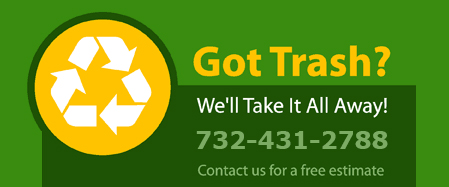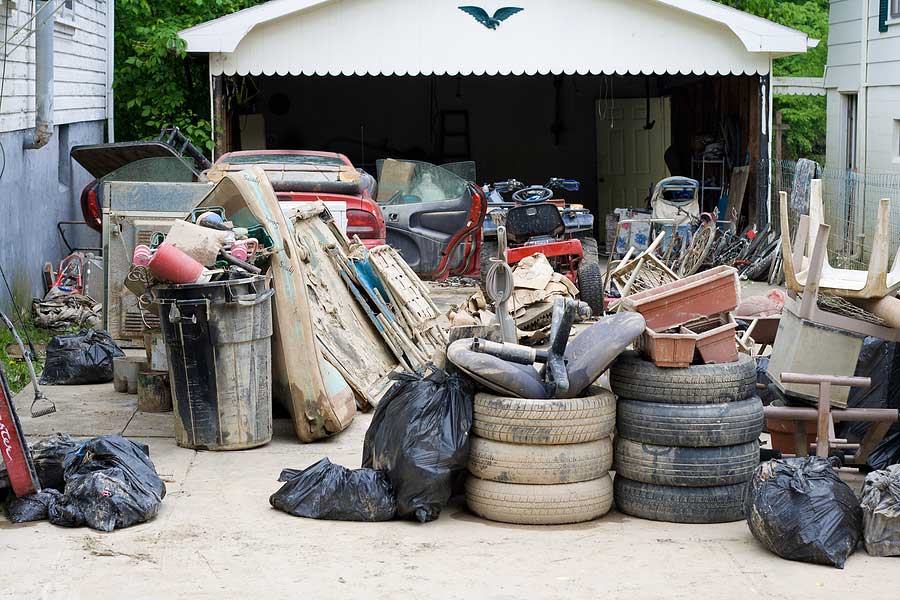Water Damage Cleanouts NJ: After flooding, it can be emotionally and physically exhausting cleaning up the mess. Waterlogged furniture in particular is very difficult to break apart and move the pieces out of the home. This can take a toll on your back, but it can also take a toll on your health if the items have been soaking in water for some time, as mold has likely developed.
And on top of that, there’s always the possibility of damage to weakened support structures. You should always hire a professional to handle water damage cleanouts, but here are some tips if you decide to go it alone.
Safety First
After the flood, your first concern should be to make sure the property is safe for your family.
- Be leery of rodents, snakes and insects that may have drifted in with the flood waters.
- Smell for gas and be on the lookout for damaged power and gas lines, exterior damage and foundation cracks.
- Check for broken pilings, stairs that may have shifted, and any slanted floors and walls.
- Switch off the main water and power.
- If you suspect major structural damage, do not enter the residence.
- Do not walk on sagging floors.
- Do not use electrical appliances or turn on lights and ceiling fans when ceilings are wet.
The Cleaning Process
Now that you have prepped the site, it’s time to start cleaning up.
- Make sure your running water is safe to drink.
- Flush the toilet to make sure there are no clogs from debris.
- Patch holes in the roof and walls with plastic wrap until you can get a professional out for a true repair.
- Remove debris carefully and in pieces if you can.
- Remove water that may be trapped in walls
- Open windows and doors to improve ventilation
- Use a wet vac, fans, and dehumidifiers to dry out the home; do not use your household vacuum to get rid of water and mud
- Remove debris and garbage right away; letting it pile up will only worsen the risk of contamination, mold and pests.
- Remove standing water, especially outside, where mosquitoes can breed.
- Wear protective clothing, boots and rubber gloves.
- Wash your hands often.
- Remove wall coverings, drywall and insulation that could be harboring mold.
- Throw out all porous materials such as padded furniture.
- Throw out any food, beverages and medicine that were exposed to the flood waters.
- Disinfect dishes with soap and hot water.
- Clean hard surfaces with warm water and soap.
- Wipe down wooden items and allow them to dry outside if possible.
- Place books, documents and photographs in baggies so you can properly clean them later.
- Take an inventory of everything that has been damaged, taking photos and videos for further evidence.
- Call your local trash removal professional specializing in water damage cleanouts. They can remove the waterlogged items safely and efficiently.
Contact Got Trash NJ For Water Damage Cleanouts
Have you recently experienced water damage and need to dispose of water-logged furniture, carpeting and other items? Just call us at 732-431-2788 or complete our online form for a free and speedy quote.


